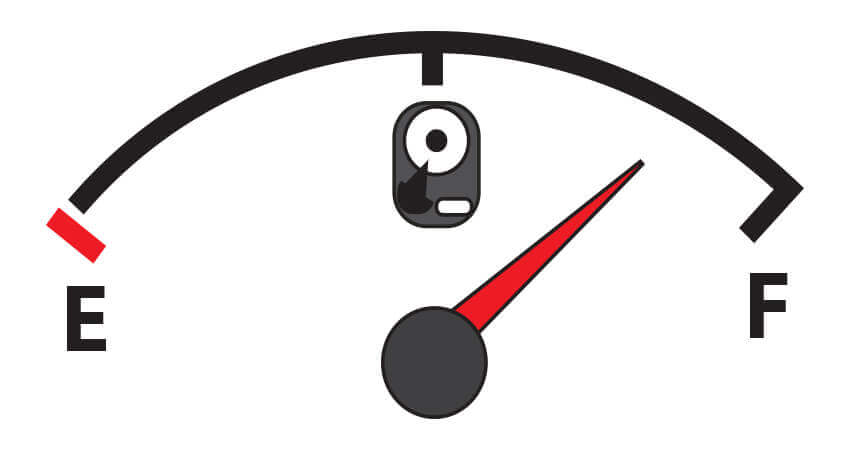One of the many parameters we monitor on servers is how full a disk is (strictly speaking, how full a disk partition is).
We do this because, as a disk fills up, it becomes harder for Linux to put all parts of a new file in one place. Technically, it becomes harder to create a file of contiguous blocks.
It isn’t a problem to have a file is spread out over the disk, but it does slow things down, particularly on traditional rotating media.
To try to maintain optimal performance, we recommend keeping at least 20% of the disk space free. That isn’t a hard and fast rule: on a very big disk, particularly one that holds predominantly smaller files, it’s possible to go well above 80% capacity before experiencing problems. However, the 80% mark is a good default option.
If we’ve told you that a disk is more than 80% full, there are a number of options:
- Delete unwanted data. We’ll often tell you which directories (or folders) have the most data within them, and sometimes this highlights data that is no longer required. At your request, we can delete unwanted data on your behalf, but we’ll need the request in writing on a support ticket.
- Expand the disk. Depending on how your system is configured, there may be “unallocated” space that can be added to a disk. Your support consultant can advise you whether this is an option.
- Move data elsewhere. Sometimes it’s possible and practical to move some data to another disk; again, your support consultant can advise you whether this is an option.
- Archive data. You may have data that can be safely archived to an archive server or even to other media, such as DVDs or tape.
- Fit more storage. Finally, it’s often possible to fit more storage.
If none of the above seem to help, discuss the situation with one of our Linux Consultants: we can usually find a way of resolving the issue.

